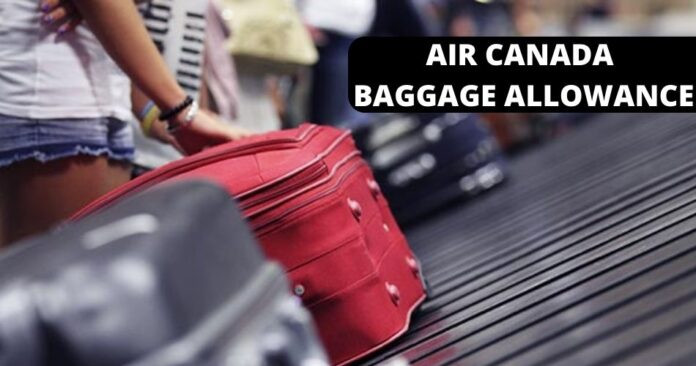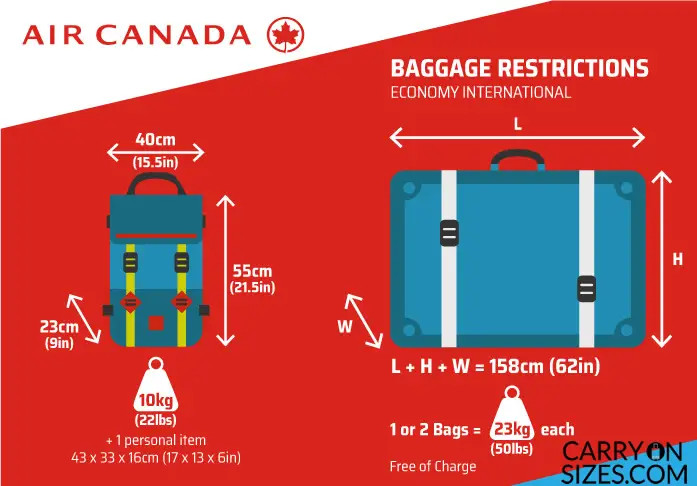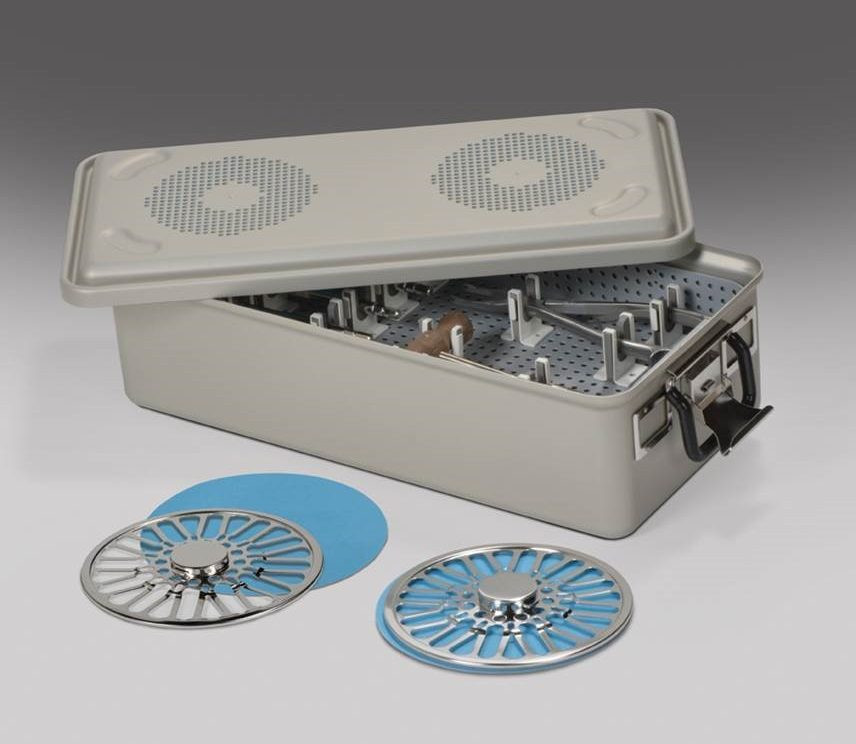Air Canada Rolls Out More Fees: Carry-on and Seat Changes Now Cost Extra
Air Canada has once again implemented new fees, sparking outrage among travelers. Starting January 21, 2025, basic fare customers face additional charges for changing their assigned seats. This follows the introduction of fees for carry-on baggage on January 3, 2025, for flights within North America and to destinations such as Mexico, Central America, and the Caribbean.
Carry-on Baggage Fees: A New Standard?
The new baggage policy, announced on December 4, 2024, aligns Air Canada with industry standards, the airline claims. While passengers can still bring one personal item, such as a purse or laptop bag, larger carry-on items like roller bags, duffel bags, or large backpacks now incur fees. These larger items must be checked in before security, costing $35 for the first checked bag and $50 for the second. This change applies to basic economy fare tickets booked on or after January 3, 2025.
Impact on Travelers
This unexpected additional cost has significantly affected many travelers, particularly those on a budget. Many expressed disappointment about the last-minute changes to the baggage policy. The implementation of baggage fees is a notable shift for Air Canada and raises questions about the future of baggage allowances for budget travelers. Air Canada’s decision appears to be driven by a desire to streamline operations and align with industry standards. However, the practical impact on passenger costs and travel planning remains a major concern for budget-conscious flyers.
Seat Change Fees: A Controversial Move
Adding insult to injury, Air Canada introduced a fee for changing seats on basic fares. This means that while basic fares still include a complimentary seat assignment at check-in, passengers wanting to change their seats will have to pay extra. This policy affects all destinations and applies to all travelers, regardless of ticket purchase date.
Exceptions to the Rule
The airline has stated that it remains committed to seating families and those needing assistance together, following existing policies that prioritize seating travel companions together. However, this exception doesn't alleviate the frustration felt by other travelers forced to pay extra to secure their preferred seating. The initial implementation of these fees back in April 2024 was met with significant backlash and was temporarily suspended "for operational reasons" before being reintroduced in January 2025.
A Pattern of Fee Increases?
The introduction of these new fees signals a broader trend within Air Canada toward increasing revenue through ancillary charges. These changes raise concerns regarding the evolving cost of air travel for budget-conscious consumers. What was once considered part of standard airfare is now being increasingly presented as optional extras. The cumulative impact of these extra fees can have a sizable impact on the overall cost of a trip, potentially making air travel less accessible for some segments of the population.
The Bottom Line: Adapting to a Changing Landscape
Air Canada's implementation of fees for carry-on baggage and seat changes reflects an industry-wide shift. While these changes may align with industry standards and benefit the airline's profitability, they are met with considerable discontent from travelers. Passengers need to carefully factor these new fees into their travel plans to avoid unexpected costs. Air Canada's claim of operational streamlining doesn't fully address the negative effect these fees have on travelers who had previously expected different baggage and seat selection allowances.
The decision of Air Canada to add these fees has led to a widespread debate amongst its customers. One must consider these additional costs when planning a future flight with Air Canada. The airline must work to balance its revenue generation with providing affordable and accessible air travel options.


















